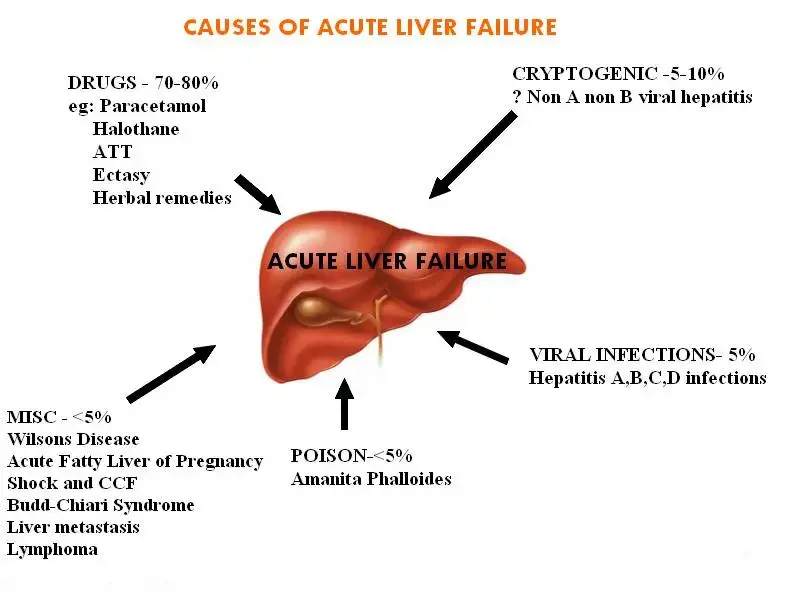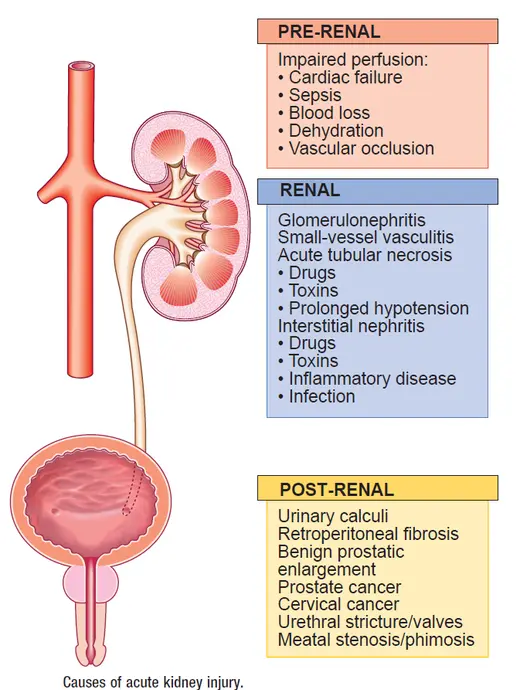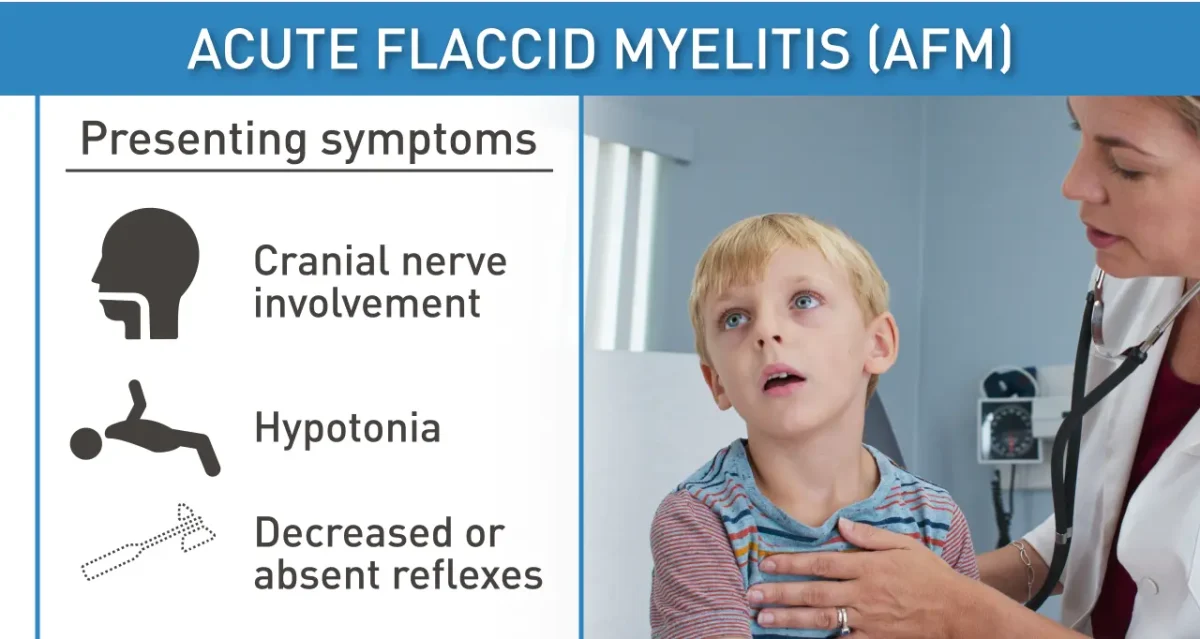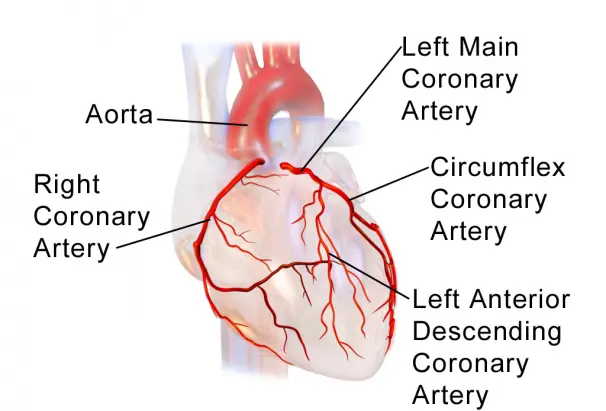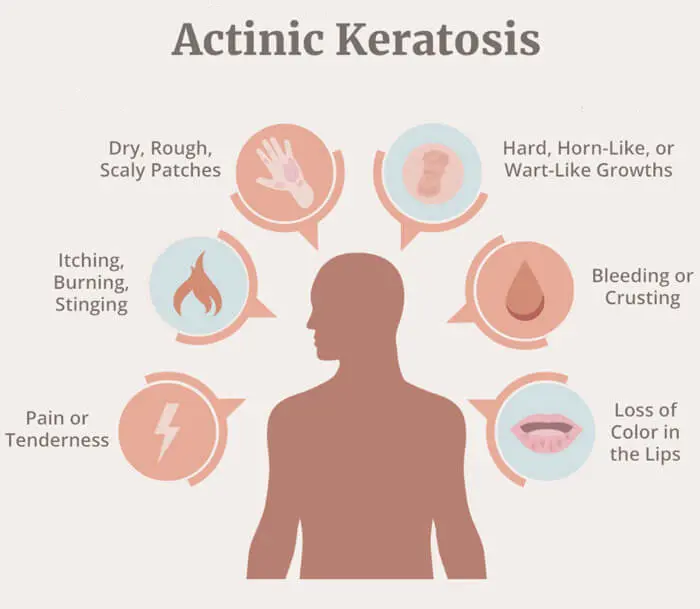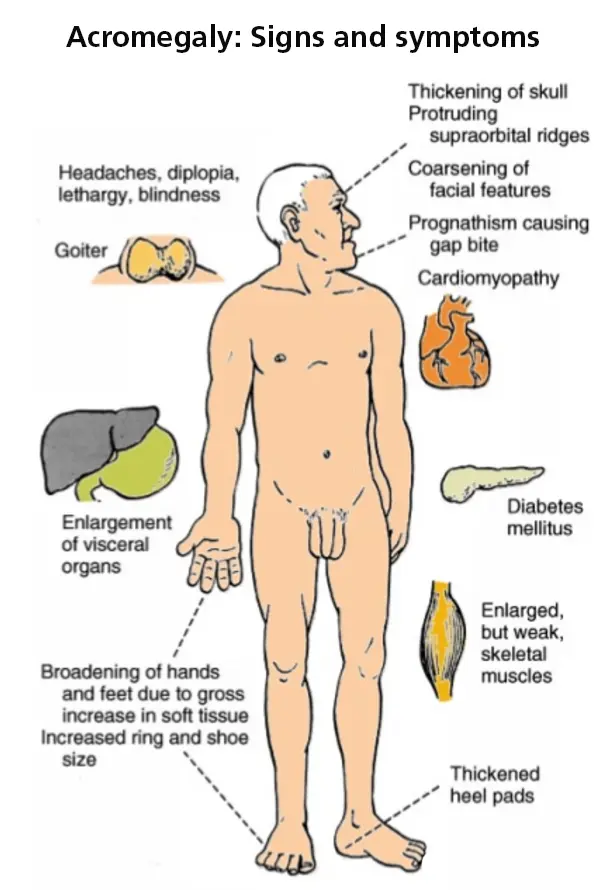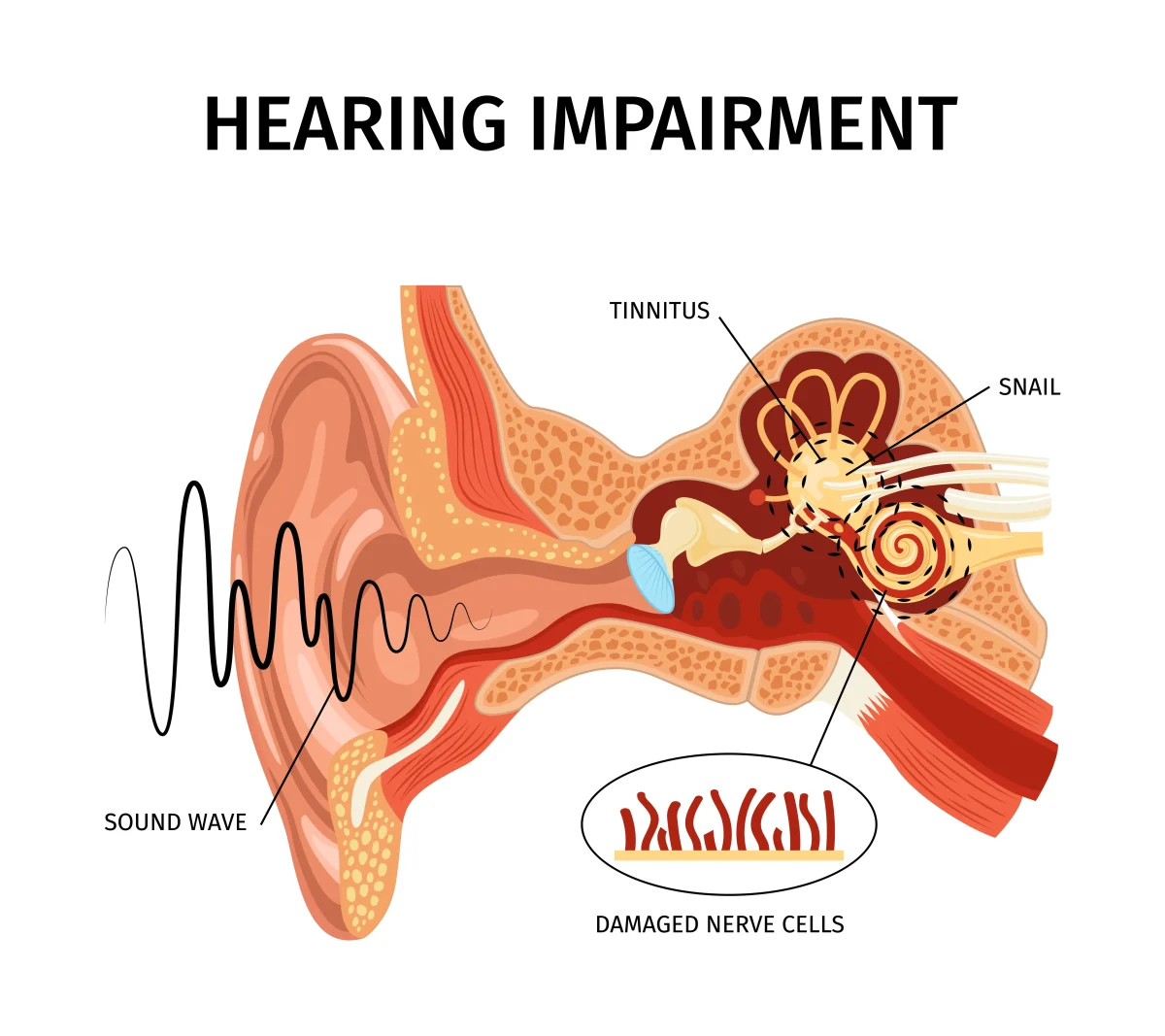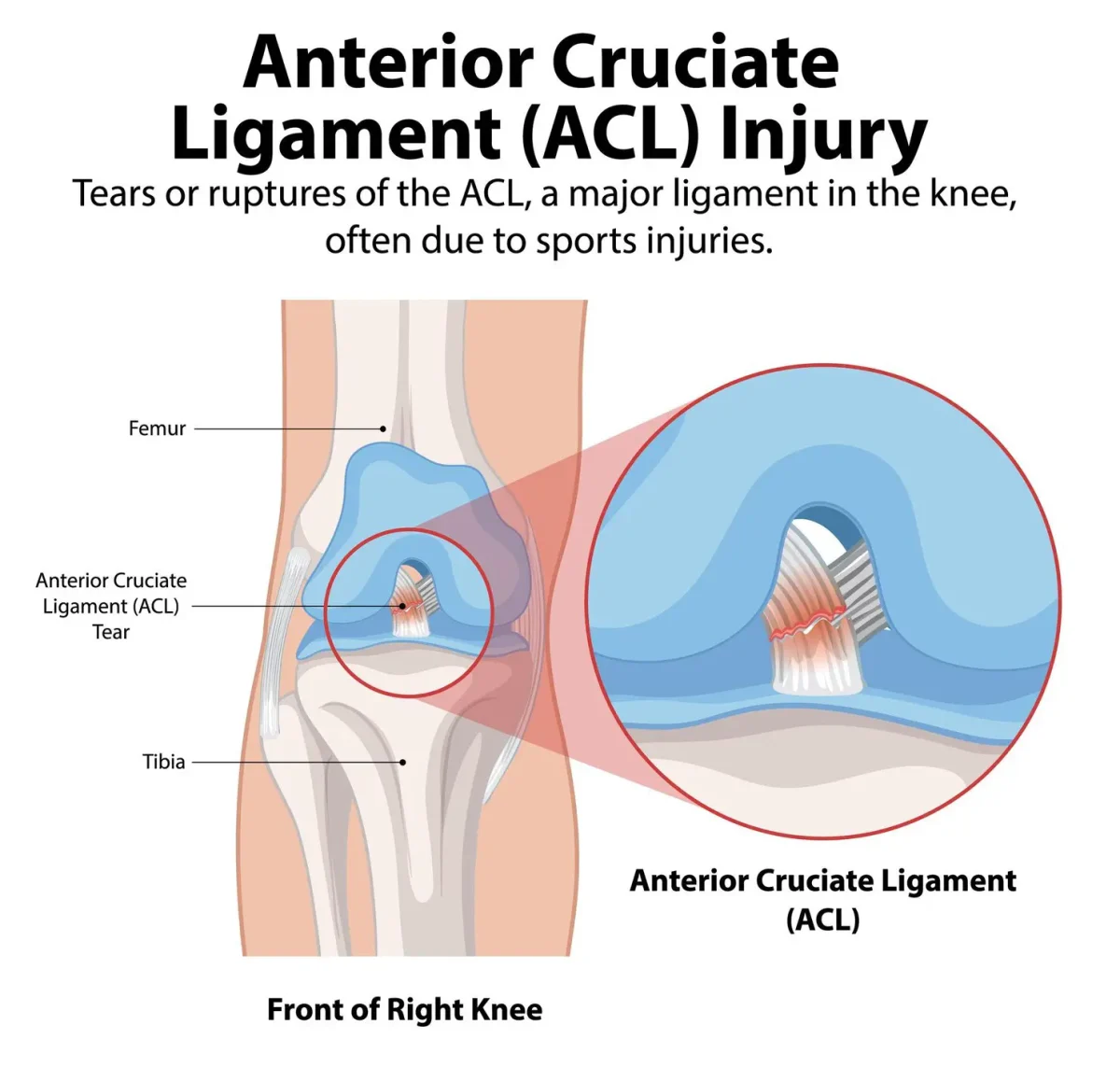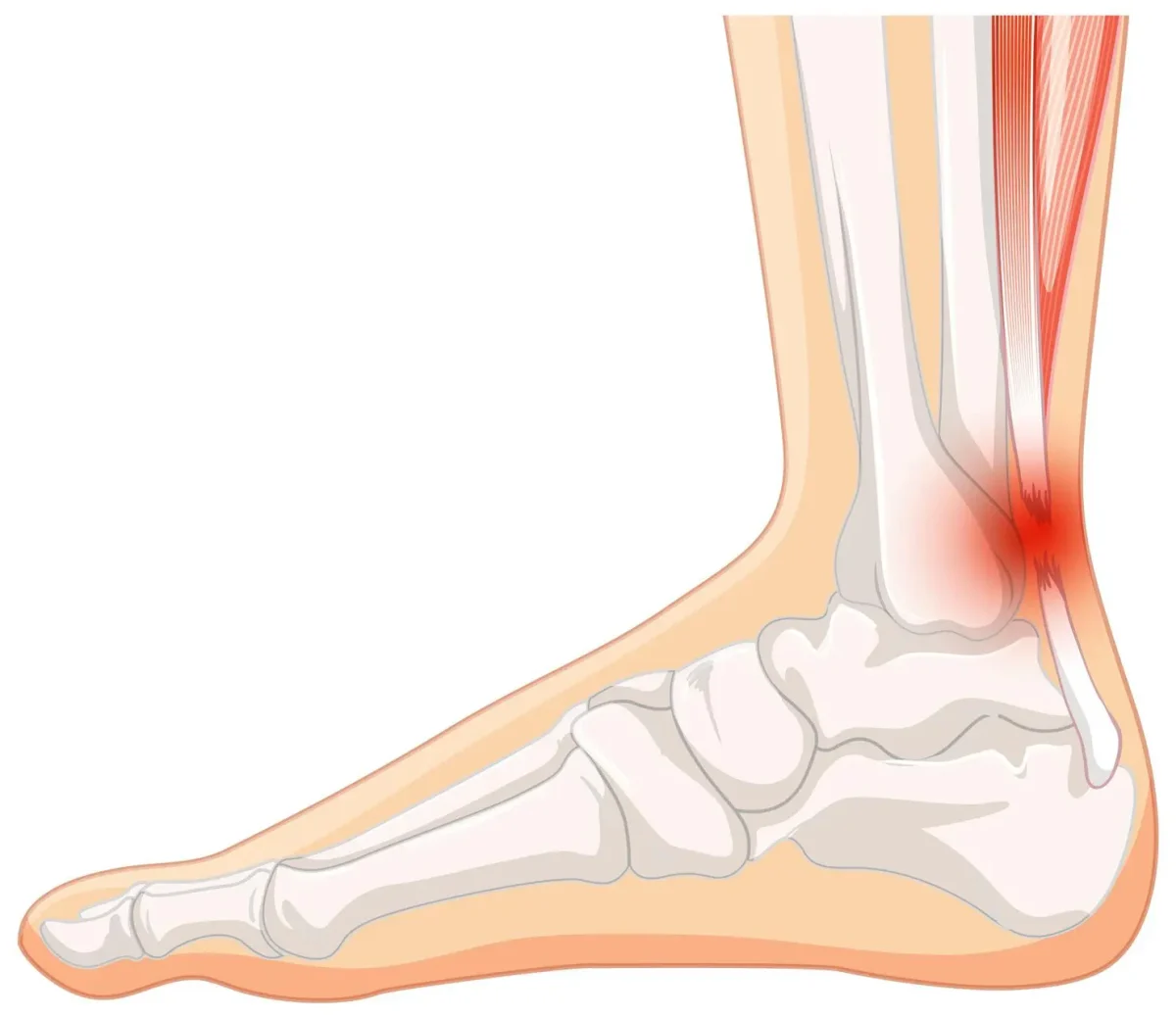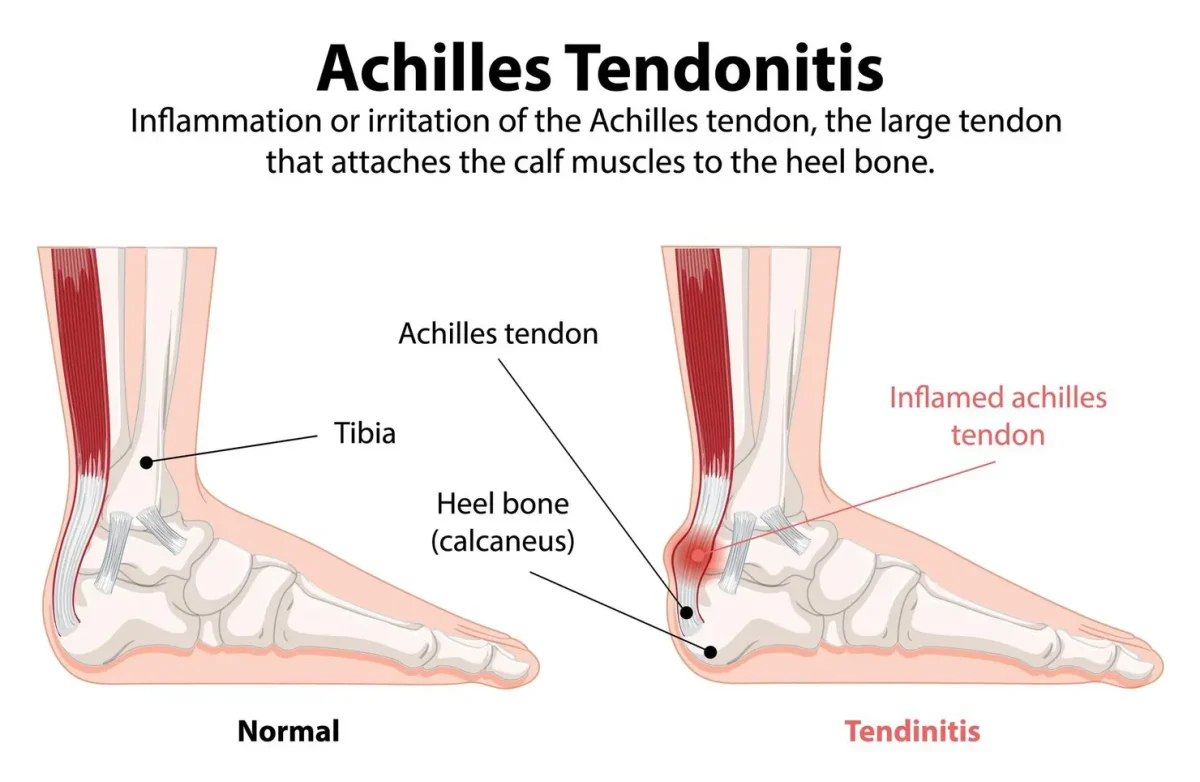Acute liver failure is a rapid loss of liver function that develops over days or weeks, usually in someone who did not previously have liver disease. It most commonly occurs due to viral hepatitis or the effects of certain medicines, especially acetaminophen. Unlike chronic liver failure, which progresses slowly over time, acute liver failure develops suddenly and can worsen quickly. …
Acute Kidney Injury
Acute kidney injury occurs when the kidneys suddenly lose their ability to filter waste products from the blood. When this happens, harmful wastes and excess fluids can build up in the body, and the balance of chemicals in the blood can be disrupted. This condition was previously known as acute kidney failure. Acute kidney injury is most common in people …
Acute Flaccid Myelitis (AFM)
Acute flaccid myelitis is a rare but serious neurological condition that affects the spinal cord. It leads to sudden weakness in one or more arms or legs, along with reduced muscle tone and loss of reflexes. The condition occurs most often in young children, though adults can be affected in rare cases. In many instances, children experience a mild respiratory …
Acute Coronary Syndrome
Acute coronary syndrome is a term used to describe a group of conditions caused by a sudden reduction in blood flow to the heart. These conditions include a heart attack, also called myocardial infarction, and unstable angina, which is a serious form of chest pain related to the heart. Both conditions occur when the heart muscle does not receive enough …
Actinic Keratosis
An actinic keratosis is a rough, scaly patch of skin that develops after long-term exposure to ultraviolet rays from the sun or tanning beds. It most often appears on areas of the body that receive frequent sun exposure, such as the face, lips, ears, scalp, neck, forearms, and the backs of the hands. The condition is also known as solar …
Acromegaly
Acromegaly is a rare hormonal disorder that occurs in adults when the body produces too much growth hormone. This excess hormone causes certain bones, organs, and soft tissues to grow larger than normal. The condition is driven by the pituitary gland, a small gland located at the base of the brain, which releases growth hormone into the bloodstream. High levels …
Acoustic Neuroma
An acoustic neuroma, also known as vestibular schwannoma, is a rare, benign tumor that develops on the vestibulocochlear nerve. This nerve connects the inner ear to the brain and plays a key role in hearing and balance. Although these tumors grow inside the skull near the brainstem, they do not arise from brain tissue and are not classified as brain …
ACL Injury
Overview An anterior cruciate ligament injury, commonly called an ACL injury, involves a tear or sprain of the anterior cruciate ligament. The ACL is one of the main ligaments in the knee and connects the thigh bone to the shinbone, helping to stabilize the knee joint during movement. ACL injuries most often occur during sports that involve sudden stopping, rapid …
Achilles Tendon Rupture
An Achilles tendon rupture is a serious injury that affects the back of the lower leg. It most commonly occurs in people who participate in recreational sports, though it can happen to anyone. The injury involves the Achilles tendon, a strong fibrous cord that connects the calf muscles to the heel bone and plays a key role in walking, running, …
Achilles Tendinitis
Overview Achilles tendinitis is an injury that affects the Achilles tendon, the strong band of tissue that connects the calf muscles at the back of the lower leg to the heel bone. This condition often develops due to overuse, such as putting repeated or excessive stress on the tendon without enough time to rest. In some cases, Achilles tendinitis may …
